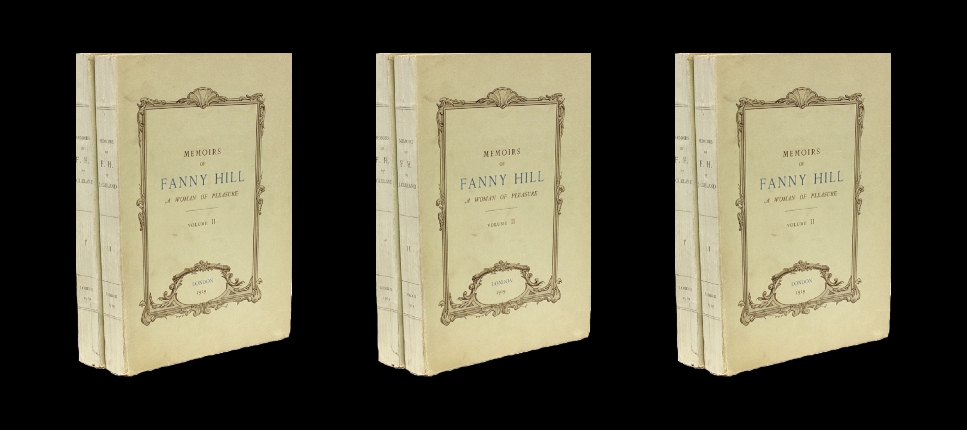
TODAY: In 1748, the first installment of Fanny Hill, the first American erotic novel, is published.
-
Colson Whitehead’s oeuvre chronicles nearly 200 years of American history. So can we call it “historical fiction”? | Lit Hub Criticism
-
17 new books for the long weekend. | The Hub
-
“It is not merely an ingredient, but a preingredient, the progenitor of some of the most vital components of Chinese edible culture.” Fuchsia Dunlop on the marvels of qu. | Lit Hub Food
-
Newsflash: Cities don’t need to be green. | Lit Hub Nature
-
Samuel Rutter in praise of the Texas-based lit mag Southwest Review: “There appears to be an unspoken ethos which states: playful and literary are not mutually exclusive.” | Lit Hub
-
A mutiny, a court martial, and the teenage pirate-hopefuls who changed the US Navy. | Lit Hub History
-
“I’d like to possess Roth in ways I’d hope to see more of his readers do as well: to take what creative, licentious force I need, and identify the Lear-ian corners in my own brain.” Hannah Gold on Philip Roth and literary legacies. | Harper’s
-
A Tale of One January, the last novel by blacklisted communist writer Albert Maltz, will be published in the US for the first time. | Jacobin
-
“The problem with writing novels, Oates observed, is that one must finish them. ‘It’s that husk-like state I dread,’ she wrote.” Rachel Aviv profiles Joyce Carol Oates. | The New Yorker
-
Ayana Mathis explores how writers have grappled with the presence of “sensational evils” in the world. | New York Times
-
Andrew Hopf, a “Fran Fine-level Barbra fan,” created an index to her 966-page memoir. | Interview Magazine
Also on Lit Hub: Naomi Alderman on creating a fictional tech dystopia • New poetry by Nick Laird • Read from James W. Jennings’s debut novel, Wings of Red
